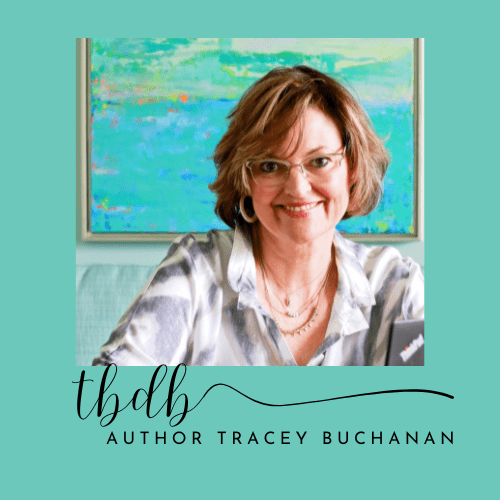Three Muses, Martha Anne Toll’s debut novel, is a poignant story of a World War 2 concentration camp survivor and a prima ballerina. At its core it is a tale of endurance, love, and healing.
Toll, who won the Petrichor Prize for Finely Crafted Fiction for this book, also writes book reviews and interviews authors at NPR Books, The Washington Post, Pointe Magazine, The Millions, and elsewhere. She publishes short fiction and essays in a wide variety of outlets. Toll has recently joined the Board of Directors of the PEN/Faulkner Foundation.
I had the chance to ask her a few questions about her writing and some of the backstory surrounding Three Muses. You can find more information about her on her website.

A Tough Question
Q. Why did you write this book?
A. I don’t think anyone has ever asked me that! It’s a tough question, since so much of my fiction arises organically. It was like lightning struck when I found the three muses—Song, Discipline, and Memory. Each of these themes has great resonance in my life. John, my protagonist, survives the Holocaust by singing for a kommandant of a concentration camp, the murderer of his family. Katya, a ballerina, is loosely associated with Discipline. And Memory is how we carry forward the stories of the Holocaust, and also the source that we use to create art. Three Muses braids together many of my interests. I believe that individual stories can have more impact than the mind-numbing and horrifying numbers that are true for the Holocaust. How can you move forward if your whole family is murdered? Can one bring love and healing to the world as a result of this trauma? John has to address these questions to learn how to live. As to ballet, I fell in love with it as a child, and I found it a wonderful challenge to try to get it on the page and share my enthusiasm.

Rewards and Revisions
Q. What was the most rewarding aspect to writing it?
A. I love the writing part, that’s why I do it. But I love revising more than writing first drafts. It is so hard to get those first words on the page, and then to make any sense out of them, and then order them so that you can find the best way to tell the story.
Q. Did anything change drastically from your first draft to the final version?
A. The basic ideas were there from the beginning. I think the biggest changes came regarding children. For several drafts, John was married and had children, but the kids began to take over the book! I wondered if Katya had a child as well, but that never quite materialized. In the final version, neither character is married or has children.

Behind the Curtain
Q. What do you hope is the take-away for readers?
A. I hope readers will be interested in the behind-the-curtain view of the ballet world. Ballet is an artform that is all about creating beauty, but it is literally backbreaking labor that takes discipline and sacrifice. I was also interested in exploring #MeToo 1950s style. Katya is in an abusive relationship with her choreographer and longs to get credit for the work that co-creates with him.
I am deeply interested in the Holocaust, both in trying to prevent anything like it from happening again, and in telling it forward so that new generations can understand the risks and dangers of bigotry. As a society, we are still stuck in binary ways of telling and interpreting stories. You’re either grieving or you’re not. You’re good or you’re evil. In reality, life is so much more complex.
Trauma doesn’t really go away, and people ignore it at their peril. I hope my book appeals to people’s empathic sides—that nothing is quite what it seems, and that we live our lives within ambiguity, so the best we can do is try to send love out into the world, treat each other decently, and stand up for justice.
A Study of Contrast s
s
Three Muses explores some dark topics but does so with grace and elegance. Toll paints a study of contrasts: pain and beauty, rejection and acceptance, desire and contempt. The characters are complex and rich. Toll’s novel will make you consider the importance of remembering and relaying history to those who come behind us so that critical stories remain in our collective consciousness.
What are some of the stories that you deem important enough to pass along?
